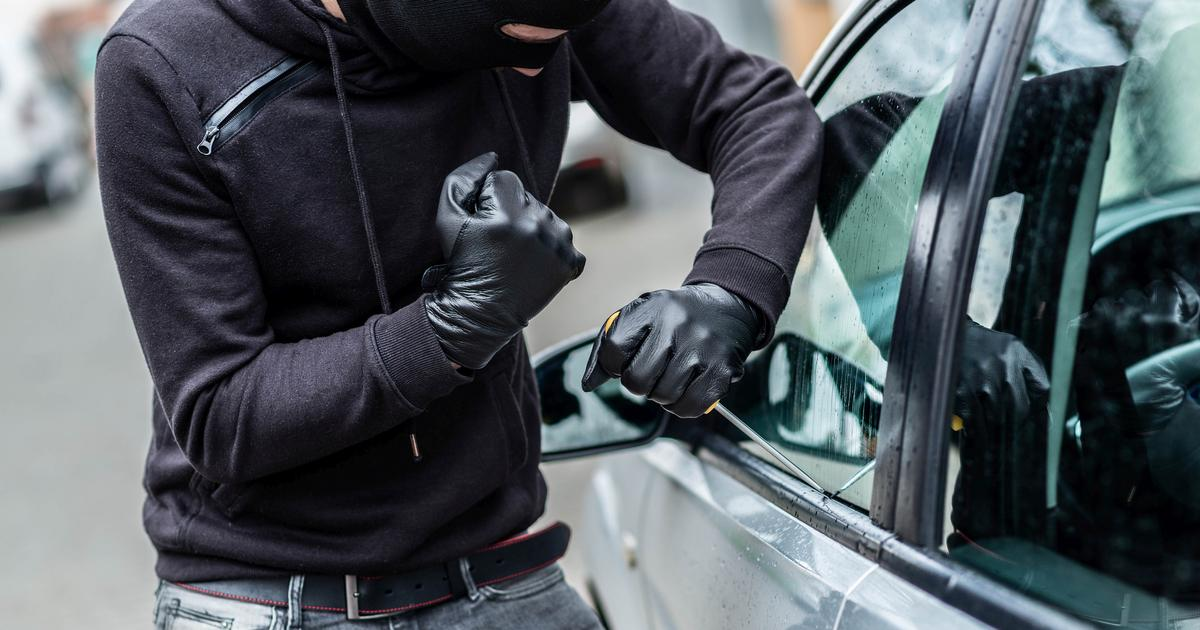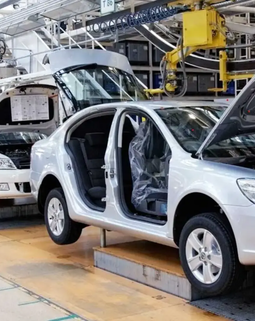Car theft is a frustrating and potentially costly crime. While no security measure is foolproof, taking proactive steps can significantly reduce your risk of becoming a victim. This guide provides essential tips to prevent car theft, covering basic precautions, security devices, and smart habits that will help protect your valuable asset.
1. Basic Precautions: The Foundation of Security
These simple habits are your first line of defense:
-
Lock Your Doors: Always lock your car doors, even when parked at home or for a short time. This seems obvious, but many thefts occur because cars are left unlocked.
-
Close Windows and Sunroof: Don't leave windows or the sunroof open, even slightly. This provides easy access for thieves.
-
Never Leave Keys in the Car: Never leave your keys in the ignition, even for a moment. Don't hide a spare key on the car (thieves know the common hiding spots).
-
Park in Well-Lit Areas: Thieves prefer to operate in darkness. Park in well-lit, populated areas whenever possible.
-
Park in Secure Locations: If you have a garage, use it. If parking on the street, choose a spot under a streetlight or near other vehicles.
-
Don't Leave Valuables Visible: Don't leave valuables (phones, laptops, bags, etc.) in plain sight inside your car. This attracts thieves. Store them in the trunk or take them with you.
-
Be Aware of Your Surroundings: Pay attention to your surroundings when entering and exiting your vehicle. Be wary of suspicious individuals.
2. Security Devices: Adding Layers of Protection
Consider installing these security devices for added protection:
-
Car Alarm: A car alarm with a loud siren is a strong deterrent. Look for one with features like shock sensors, tilt sensors, and a starter kill switch.
-
Steering Wheel Lock: A visible steering wheel lock is a simple but effective deterrent, making it difficult to steer the car.
-
Immobilizer: An immobilizer prevents the engine from starting without the correct key or transponder. Many modern cars have factory-installed immobilizers.
-
Tracking Device (GPS Tracker): A GPS tracker allows you to locate your car if it's stolen, increasing the chances of recovery. Some trackers also offer features like geofencing (alerts if the car leaves a designated area) and remote engine shutdown.
-
VIN Etching: Etching your car's Vehicle Identification Number (VIN) onto the windows and other parts makes it less attractive to thieves, as it's harder to sell the parts.
-
Dash Cam: A dash cam can provide evidence in case of theft or vandalism.
3. Smart Habits for Long-Term Security
-
Keep Your Car in Good Condition: A well-maintained car is less likely to break down, leaving you stranded and vulnerable.
-
Vary Your Parking Routine: If possible, vary your parking routine to avoid establishing a predictable pattern.
-
Don't Leave Your Car Running Unattended: Never leave your car running unattended, even for a quick errand.
-
Be Cautious of "Bumping": Be aware of the "bumping" scam, where thieves intentionally bump your car to get you to pull over, then steal your vehicle. If you're bumped, drive to a well-lit, populated area before stopping.
-
Report Suspicious Activity:
4. Specific to Keyless Entry Systems
Modern cars with keyless entry and push-button start systems are vulnerable to "relay attacks," where thieves use devices to amplify the signal from your key fob, allowing them to unlock and start your car.
-
Store Key Fobs in a Faraday Cage/Pouch: A Faraday cage or pouch blocks the radio signals from your key fob, preventing relay attacks.
-
Keep Key Fobs Away from Doors and Windows: Don't store your key fob near the front door or windows, as thieves can amplify the signal from outside.
-
Check with the Manufacturer.
By implementing these tips to prevent car theft, you can significantly reduce your risk and protect your valuable asset. Remember, vigilance and proactive security measures are your best defense.
What other car security tips do you find effective? Share your advice in the comments!





